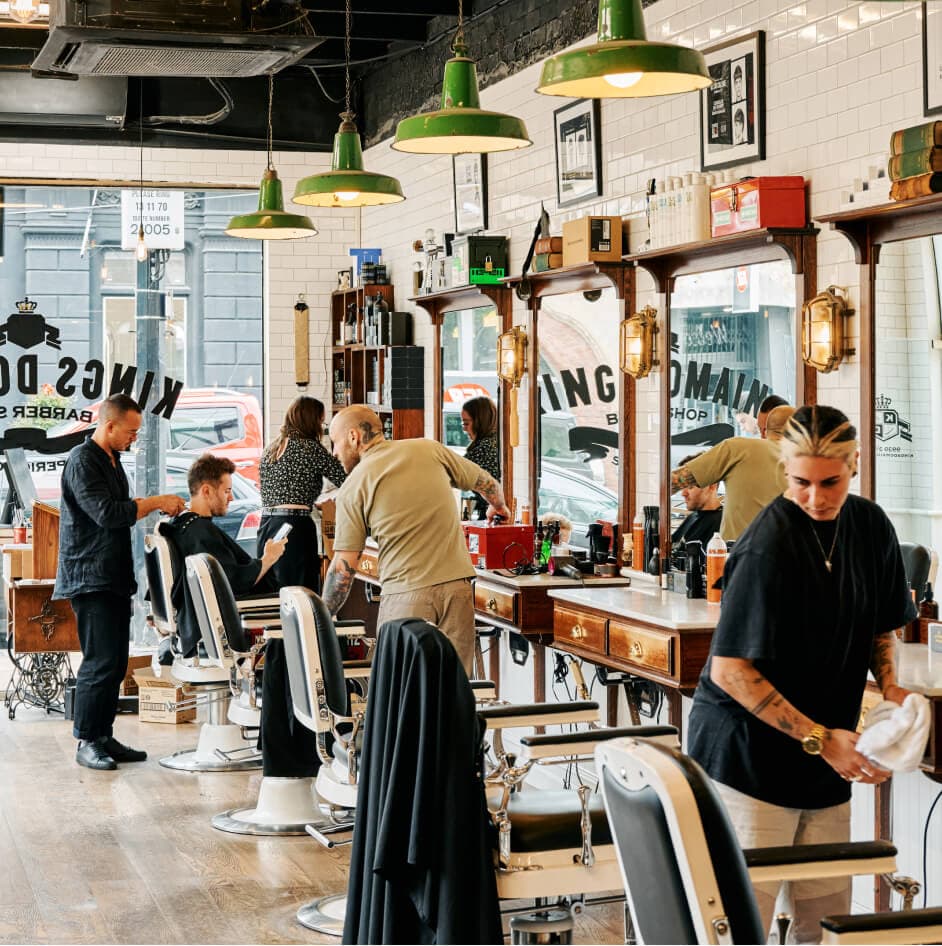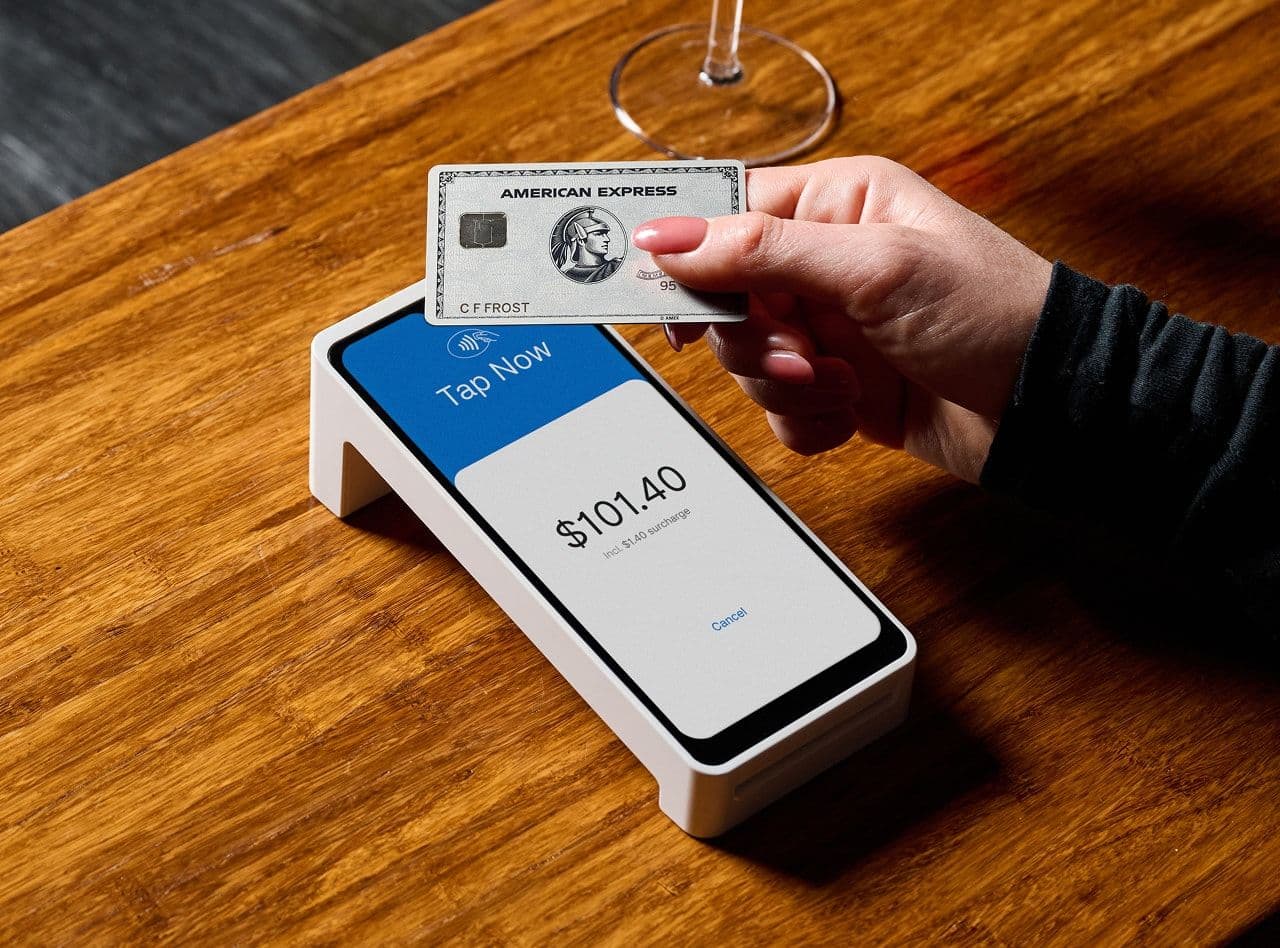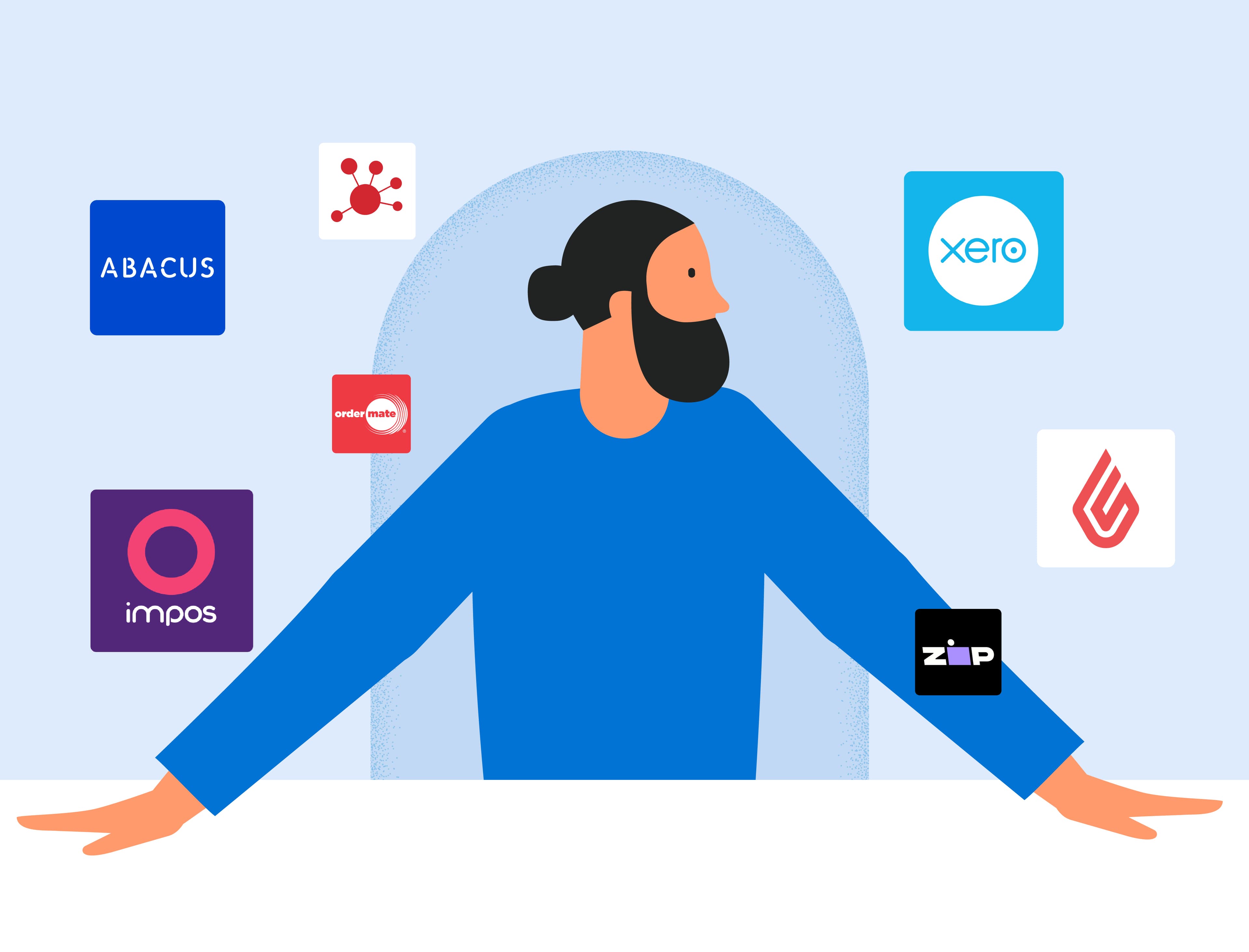
- Business Growth & Optimisation
2023–24 Federal Budget: 10 Things Small Business Owners Need to Know
From energy savings to asset write-offs and cyber security, here’s what this year’s budget means for you.
A cost of living crisis and record-high inflation are the two resounding forces at play in this year’s conservative budget, handed down by Treasurer Jim Chalmers. In a bid to deliver some relief without adding to inflationary pressure, the government has announced a number of policies that will help Australian small businesses weather the storm. However, they’re far from the cash-splashing measures that helped merchants through the Covid19 pandemic. With annual inflation sitting at 7%, the budget naturally does very little to incentivise high consumer spending, but for many who expected the belt to tighten more than a few notches, there were some pleasant surprises in store for small businesses.
Remarkably, the instant asset write-off has been extended once more, enabling small business owners to write off the cost of assets invested in growing their operations. Additionally, an energy bill relief plan, a tax break for investing in energy-efficient systems and an impressive $392.4 million program to get SMEs and startups off the ground will make it much easier for businesses to prosper on their own amid a difficult economic climate. Improving cash flow, mitigating cyber threats and slashing red tape, are also on the agenda to reduce pressure, while working hour caps for international students and increased costs to Visa applications could reduce the talent pool and make staffing even more challenging.
Keep reading to discover what the new measures mean for your business.
1. $20,000 instant asset write-off program extended
Ongoing supply chain issues in conjunction with record-high inflation have created the perfect storm for astronomical expenses for small businesses. In a move to help ease the pain, the government has extended its full expensing scheme — a measure that many thought was about to come to an end. Whether you’re looking to invest in a new coffee machine, a lighting or sound system, or technology to improve cash flow like a Zeller Terminal, this scheme lets business owners immediately write off the cost of purchasing new assets. Up to 3.8 million small businesses with annual turnover of less than $10 million will have the chance to invest in their operations by immediately deducting purchases under $20,000 from their tax bill. Note that to be eligible, purchases must be installed and ready for use between July 1, 2023, and June 30, 2024.
2. Cash flow relief for small businesses
To help small businesses operating on tight profit margins, the federal budget has introduced a new way of calculating the increase of Pay As You Go (PAYG) and GST payments. Instead of applying the planned 12% adjustment factor, quarterly income tax and GST payments will only increase by 6%. The government says that this new measure better reflects the economic conditions currently faced by the sector and strikes a balance between improving cash flow for small businesses and managing income tax and GST liabilities. There are some 2.1 million small businesses in Australia that will benefit from this new scheme.
3. Handouts to help pay for power bills
Since Russia’s invasion of Ukraine, energy prices have risen astronomically. The government will therefore be delivering up to $3 million in electricity bill relief for small businesses. Although it is unclear how this will be allocated, the plan will hand out up to $650 for eligible businesses to help pay their power bills.
4. Savings for investing in energy-efficiency
This year’s budget will help businesses install more sustainable solutions, curbing energy use and slashing their power bills into the future. The Small Business Energy Incentive will give small businesses a tax break of up to $20,000 for investing in energy-efficient systems. Swapping out fossil fuel energy and technology for batteries, electric heating and cooling and appliances such as fridges will amount to $310 million in tax relief for up to 3.8 million businesses. A 20% bonus will be handed out when you spend up to $100,000 in next-generation, energy-efficient technology.
5. A cyber security scheme to protect your business
If you’ve been receiving an alarming number of unsolicited calls and text messages recently, you’d be right to think that data breaches are becoming disturbingly prevalent. And while the digitalisation of small businesses brings many new opportunities, it also increases their vulnerability to cyber attacks, which is why the government has introduced a new scheme to help protect themselves. This new $23.4 million program — delivered by the Council of Small Business Organisations Australia (COSBOA) — will help small businesses build resilience to cyber security attacks by training in-house cyber wardens.
6. A $392 million growth program to get your ideas off the ground
Under a scheme that recognises the important contribution that small and medium-sized enterprises make to the Australian economy, the budget announcement unveiled its flashy $392.4 Industry Growth Program. Designed to foster a fertile landscape for innovation and strengthen home-grown startups, this program will provide financing to help commercialise business ideas and grow their operations. The grants will give a welcome boost to any emerging businesses and help them provide future employment opportunities into the future.
7. Funding to increase apprenticeship completion rates and gender diversity
Spurred on by a shortage of skilled workers and a lack of diversity in the apprentice workforce, the government has announced that it will provide an additional $54.3 million over five years to fund key services that will increase completion rates and support women in historically male-dominated trades. Businesses committed to creating a more inclusive workforce will have access to $5 million in grant funding to seek education and advice around addressing workplace challenges for women.
8. Making lucrative government contracts available to small business
When it comes to securing government contracts, Australian small businesses have often been sidelined in favour of bigger competitors. In a bid to further support the growth of Australian industries, provide more diversity in our supply chains and invite innovation, the government is using its significant buying power to channel money back into local businesses. It’s doing this through the ‘Buy Australian Plan’, a scheme that will allocate $18.1 million to help businesses compete for tenders, update the AusTender system and increase transparency around government contracts.
9. More barriers to entry for international workers
If your business relies heavily on workers hailing from abroad, there’s some bad news in store. The cap on working hours for international students, which was abandoned during the Covid-19 pandemic to mitigate staffing shortages, will be reinstated from 1 July 2023. It will, however, be increased by eight hours per week, lifting the cap to 48 hours per fortnight. Additionally, the government has flagged a 40% increase in the fees associated with Visa applications, making it increasingly difficult to hire from the international talent pool. For startups trying to attract tech professionals — such as engineers, or product managers — this announcement risks compounding the hiring challenges already faced by Australian businesses, especially in the technology sector.
10. Funding to help reduce the burden of tax compliance
Business owners already have enough to juggle, let alone having to manage the administrative hurdles associated with employing staff, engaging contractors, and tax compliance. The government will therefore be providing $21.8 million over four years to the Australian Taxation Office (ATO) to cut paperwork and lower the administrative burden for small businesses. The measures include an ATO lodgement amnesty for businesses who declare tax debts dating back to the Covid-19 pandemic, an independent review for small businesses in dispute with the ATO, and increased access to tax advice and assistance. Additionally, small businesses will now have up to four years to amend their income tax returns. But reducing the red tape isn’t just about letting small businesses off the hook, on the contrary, these new measures are designed to reign in possible rulebreakers and promote tax compliance.
What do you think of this year’s budget?
Broadly speaking, small businesses have come out relatively unscathed in this year’s federal budget. In the weeks leading up to the announcement, there was much speculation around how the government would strike the balance between curbing inflation while easing the cost-of-living pressure for everyday Australians. While the economic forecast still doesn’t look great, the budget outcome could have been much worse for small business owners. But we’d love to know what you think! Share your thoughts with us on Facebook, Instagram, Twitter, or LinkedIn. And don’t forget to sign up to the Zeller Newsletter to receive more small business news, tips and stories straight to your inbox.



